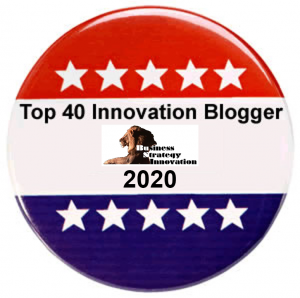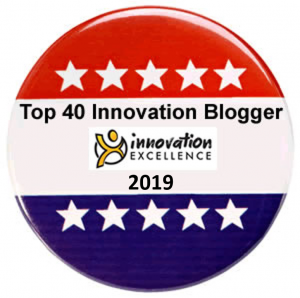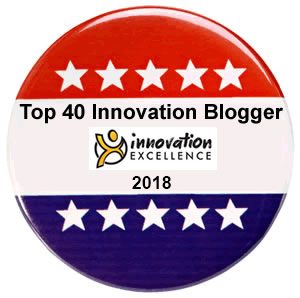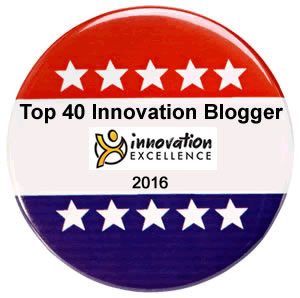How do we define coaching?
The International Coach Federation (ICF) defines coaching as partnering with clients in a thought-provoking and creative process that inspires them to maximize their personal and professional potential, which is particularly important in today’s uncertain and complex environment.
A growing number of organizations recognize the value in building a coaching culture that offers employees at all levels the opportunity to grow their skills, enhance their value and reach their professional goals.
How does coaching help achieve strategic objectives?
Through a research partnership with the Human Capital Institute (HCI), the International Coach Federation (ICF) explored the components of strong coaching cultures and how organizations use coaching to achieve strategic objectives. Specifically, how to build a coaching culture as a tool for change management.
How does coaching help deliver business high-performance outcomes?
A high performing organization was defined as those who outperform their peers in terms of both Talent Outcomes and Business Outcomes.
Improved talent outcomes, as compared to non-coaching culture organizations, including significant differences;
- Higher investments in employee development (78%-57%).
- An increased percentage of internal hires (67%-48%).
- Increases in employee engagement scores (69%-39%).
- Increases in the percentage of employees assessed ready for senior management positions (59%-36%).
- Increases in the percentage of diverse gender, age, and backgrounds (58%-42%).
- Increases in the percentage of high performers retained (54%-32%).
Improved organizational outcomes, as compared to non-coaching culture organizations, also included significant differences:
- Customer satisfaction (82%-63%).
- Shareholder value (75% -54%).
- Employee of choice (74%-49%).
- Labour productivity (65%- 45%).
- Profitability (64%- 55%).
- Large scale strategic change (59% -45%).
What are the key success factors?
The three factors that were identified as determining the success or failure of a change initiative were communication, leadership, and planning.
High performing organizations are more likely to:
- Offer coaching activities as part of their change initiatives.
- Report that change management initiatives met or exceeded expectations for success.
- Coaching related activities are rated as the most helpful in achieving the goals of change management initiatives.
It was determined that from large scale change management initiatives to changes at the team level, people understand and react to change differently because of their assumptions, expectations, and perspectives.
Coaching is a powerful tool to develop the potential of employees, mostly behaviours and drive business success.
Why are some organizations confused about coaching?
There are a lot of people in the business world calling themselves coaches, with all of them having different areas of specialization and expertise. Even when an organization has realized the value and benefits coaches bring towards improving business and talent outcomes, making the most informed and best decision as to whom to work with as a coach may feel incredibly overwhelming when trying to figure out what type and who is right for you.
As coaching is a powerful tool to develop the potential of employees, mostly behaviours and drive 21st-century business success, in today’s disruptive VUCA world, organizations are confused as to the value and benefits between three fundamentally different areas of coaching specialization and expertise in driving change management initiatives.
- The executive coach – partners to set and achieve business goals
Due to the need to improve organizational performance and maximize talents contribute to the delivery of organizational outcomes, executive coaching has become an active, ongoing and collaborative partnership within a thought-provoking, insightful and co-creative process. There are many people calling themselves executive coaches, and many companies are training people internally to fulfill this role and develop a coaching culture, to embed a lifelong approach to deep learning and develop resilience.
Where the executive coach partners with clients to maximize their professional leadership and personal potential, multiple intelligences and consciousness as to improve communication, leadership, and planning resulting in enhancing:
- Effectiveness and productivity,
- Team and organizational performance,
- Competitiveness and growth.
- The innovation coach – co-creates a new business playing field
Due to constantly shifting and changing business playing field in disruptive VUCA times, organizations are seeking creative and inventive ways of improving their ability to adapt, grow and innovate.
Innovation coaching has emerged as new coaching modality that helps develop client’s communication, leadership, and planning skills by:
- Enhancing their confidence, capacity, and competence to flow with exponential change, be agile, see, embrace and emerge the opportunities in a disruptive VUCA world.
- Making sense of innovation in their unique context, aligning it strategically and systemically within a human-centered “pull” approach.
- Defining why they need to innovate as part of an organizational or digital transformation initiative.
- Building individual, team and organizational change readiness and receptivity.
- Cultivating the traits, imagination, mindsets, elastic thinking strategies, behaviours and skills to be, think and do things differently; challenging the status quo and convention, allowing people to experiment and take smart risks, maximizing inclusion, diversity and collaboration, achievement and accountability.
- The agile coach – facilitates, empowers and executes agile change initiatives
Due to the popularity of Agile and the need for different types of initiatives of organizational transformations, agile coaching has become a common approach in different types of companies. There are many people calling themselves agile coaches in social networks, and many companies are training and recruiting professionals for this role.
Where an agile coach actually works on facilitating the five elements in an agile transformation initiative to improve communication, leadership, and planning by:
- Catalyzing improvement,
- Promoting awareness,
- Boosting ownership,
- Developing competencies,
- Facilitating barrier removal.
Making the best and wisest coaching choice
Coaching is a powerful tool to develop the potential of employees, mostly behaviours & drive 21st-century business success. Considering that the range of big business challenges organizations are facing that coaching can help them overcome, it is crucial to make an informed and wise choice about which areas of specialization and expertise will best help them survive, flow and flourish in the face of:
- The diverse, complex and challenging range of wicked, societal, business, technology and people problems, none of which are going away.
- Knowing how to adapt and grow, with increasing speed and agility to flow and flourish, without the safeguards of control and predictability, in their operating business environments.
- How to effectively integrate the human factor, systemically and strategically, with digitization and the emerging technologies, including robotics and AI?
- How to learn how to enhance their “on the job” learning, critical and creative thinking, and complex problem-solving 21st-century skills.
- How to create permission and safety, support and structure, to reduce risk, increase collaboration, experiment, create, invent and innovate.
Make sure to check out the upcoming Coach for Innovators Certified Program, starting January 28, 2020, to find out how to survive and thrive in the challenging 21st century, business game?
Join the next free monthly innovation webinars in our Making Innovation a Habit Series – “Dancing with Disruption.” It’s on Tuesday, 3rd March at 9.00 pm London, 5.00 am New York & 1.00 pm San Francisco and on Wednesday, 4th March at 8.00 am Sydney & Melbourne, 2020. Register.
Contact Janet for your complimentary creative coaching conversation to see what might work best for your team or organization.








